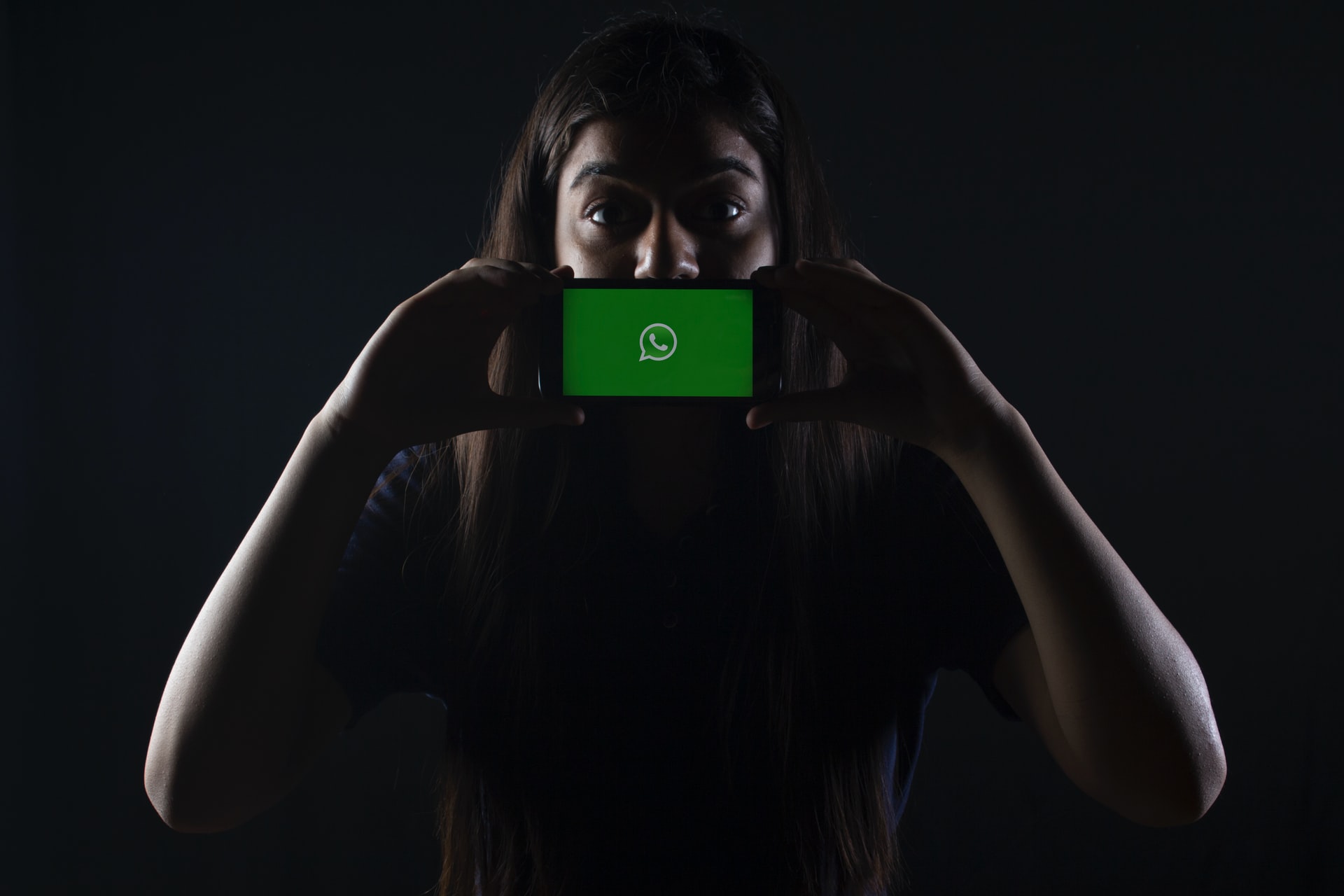How to Delete a Telegram Account Permanently
Telegram boasts of 200 million active users making it one of the most popular messaging apps in the world. Despite its similarity with other messaging apps such as WhatsApp and LINE, it has some advantages over these apps. Some of those are the ability to control your data, privacy, and ultimately decide to delete your Telegram permanently.
Read on to learn how to delete your Telegram account permanently.
How to Delete your Telegram Account by Yourself
Open a web browser and follow these steps to delete the application:
- Log into the Telegram deactivation support page: https://my.telegram.org/auth?to=deactivate
- Enter the phone number used to open the Telegram account in the international format i.e input your country code.
- Click on ‘Next.’
- On the next page, you’ll be asked to input a confirmation code that will be sent via your Telegram account – NOT SMS. Check your Telegram application for the code, input it, and click on ‘Sign in.’
- The next page will ask why you have chosen to leave Telegram. You can leave a message about the reason for your decision but it’s not necessary. When you’re done, click on ‘Delete my account’.
- You’ll be asked to confirm your decision. Do this by clicking on the ‘Yes, delete my account’ pop-up window on your screen.
- And, you’re done!
You can’t use the Telegram app to delete your account yet, only the web browser.
How to Delete your Telegram Account Automatically
Telegram has a security feature that allows you to set a specific period of inactivity after which your data self-destructs.
The default time for this feature is six months but you can adjust it to one month, which is the shortest period available on the app. Here’s how to adjust this setting:
- Open the app and click on the hamburger icon on the top left corner of the screen.
- Click on ‘Settings.’
- Next, select ‘privacy and security.’
- Scroll down to the Advanced section. Click on ‘Delete my account if away for’, and change it to ‘1 month.’
- Changing this setting does not delete your telegram account immediately.
The idea is that your data will self-destruct if you do not use the application for a month. So, you have to resist opening and replying to your messages after which everything will be wiped clean.
How to Export Files from Telegram

If you have decided to delete your telegram, you should know that this action cannot be undone. Even if you decide to download Telegram at some other time, your chats and groups will be lost forever.
The good news is there’s a way to save your data i.e chats, photos and other media, that you do not want to lose. Thankfully, Telegram does not make it very difficult to export data.
By following the steps listed below, you can easily export your files, allowing you to access your data offline even after deleting your account.
- Open the Telegram desktop app: https://web.telegram.org/#/login and sign in with your phone number.
- Select ‘Settings.’
- Click on ‘Export Telegram Data.’
- Then select ‘Export Chat History.’
- Choose the type of data to export.
- Save the files securely to avoid leaks.












